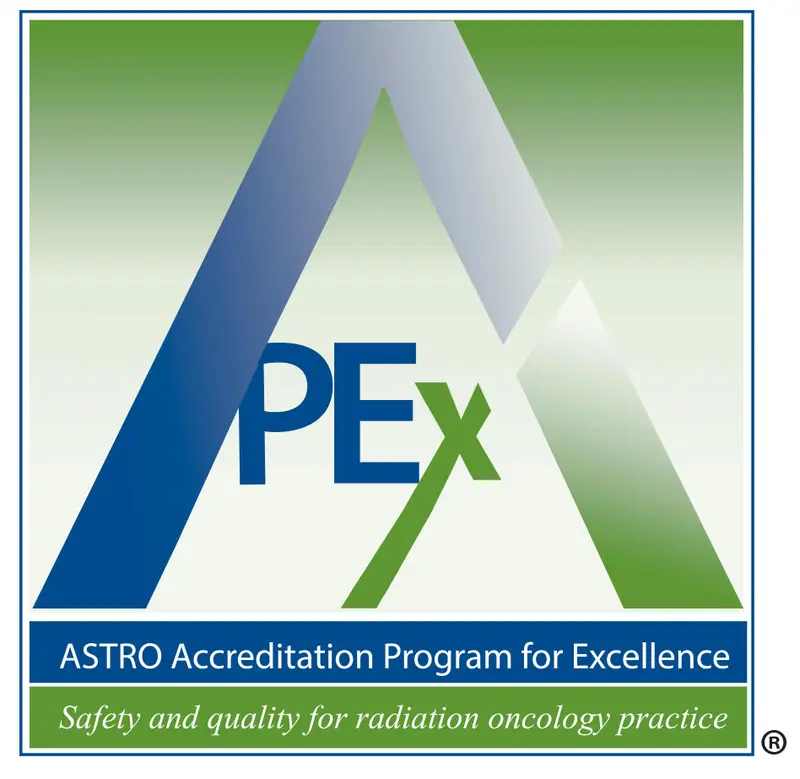Detecting cancer at an early, treatable stage remains challenging, but new technologies are offering hope. The PATHFINDER study <Blood-based tests for multicancer early detection (PATHFINDER): a prospective cohort study>, conducted by a team of experts including Deb Schrag MD, Tomasz M. Beer MD, Charles H. McDonnell III MD and Robert Reid MD (of Virginia Cancer Specialists), delves into the potential of multicancer early detection (MCED) blood tests. While traditional cancer screening often relies on imaging procedures like CT scans or MRIs, MCED blood tests have the ability to revolutionize cancer screening by offering a less invasive and more convenient way to detect various types of cancer.
The PATHFINDER Study: Exploring MCED Testing
The PATHFINDER study, conducted in the United States across seven health networks, sought to investigate the feasibility of MCED testing as a means of cancer screening. The study participants were primarily aged 50 or older, and showed no signs or symptoms of cancer. In total, 6,662 individuals participated. As part of USON Research Group, Virginia Cancer Specialists is proud to have contributed to roughly 660 patients in the report.
Study participants provided blood samples, which were then analyzed for cancer-specific DNA methylation patterns in cfDNA. The results were shared with the participants’ doctors. When the test indicated the presence of a cancer signal, the test also predicted the tumor’s likely origin or tissue type, helping guide further diagnostic assessment.
Key Findings
The PATHFINDER study produced some noteworthy results, including:
- Positive MCED Results: Out of the participants with analyzable results, 1.4% showed a cancer signal. This represents a promising detection rate.
- Diagnostic Testing: Among those with a positive MCED result, 38% were subsequently diagnosed with cancer, confirming the effectiveness of the test.
- Time to Diagnostic Resolution: The median time for participants to reach a diagnostic resolution was 79 days. This includes the time from the initial MCED test to confirmatory diagnostic assessments.
- Distinguishing True and False Positives: True-positive participants (those with a cancer diagnosis) experienced a shorter time to resolution (57 days) compared to false-positive participants (162 days).
- Diagnostic Procedures: Most participants underwent both laboratory tests and imaging, but there was a difference in the number of procedures conducted between true-positive and false-positive cases.
Implications and Future Research
The PATHFINDER study provides crucial insights into the feasibility of MCED screening for cancer. While the study underscores the potential of MCED testing, it also highlights the need for further research to investigate the clinical utility of these tests. The promising detection rate and relatively quick diagnostic resolution for true-positive cases are encouraging signs that MCED tests could play a significant role in early cancer detection and, subsequently, improved patient outcomes.
The future of cancer screening may involve blood-based tests like MCED, offering individuals a less invasive and more convenient way to detect cancer at its earliest stages. As research in this field continues to evolve, it holds the promise of saving lives and improving the efficiency of cancer diagnosis and treatment. The PATHFINDER study represents an important step in this journey.













